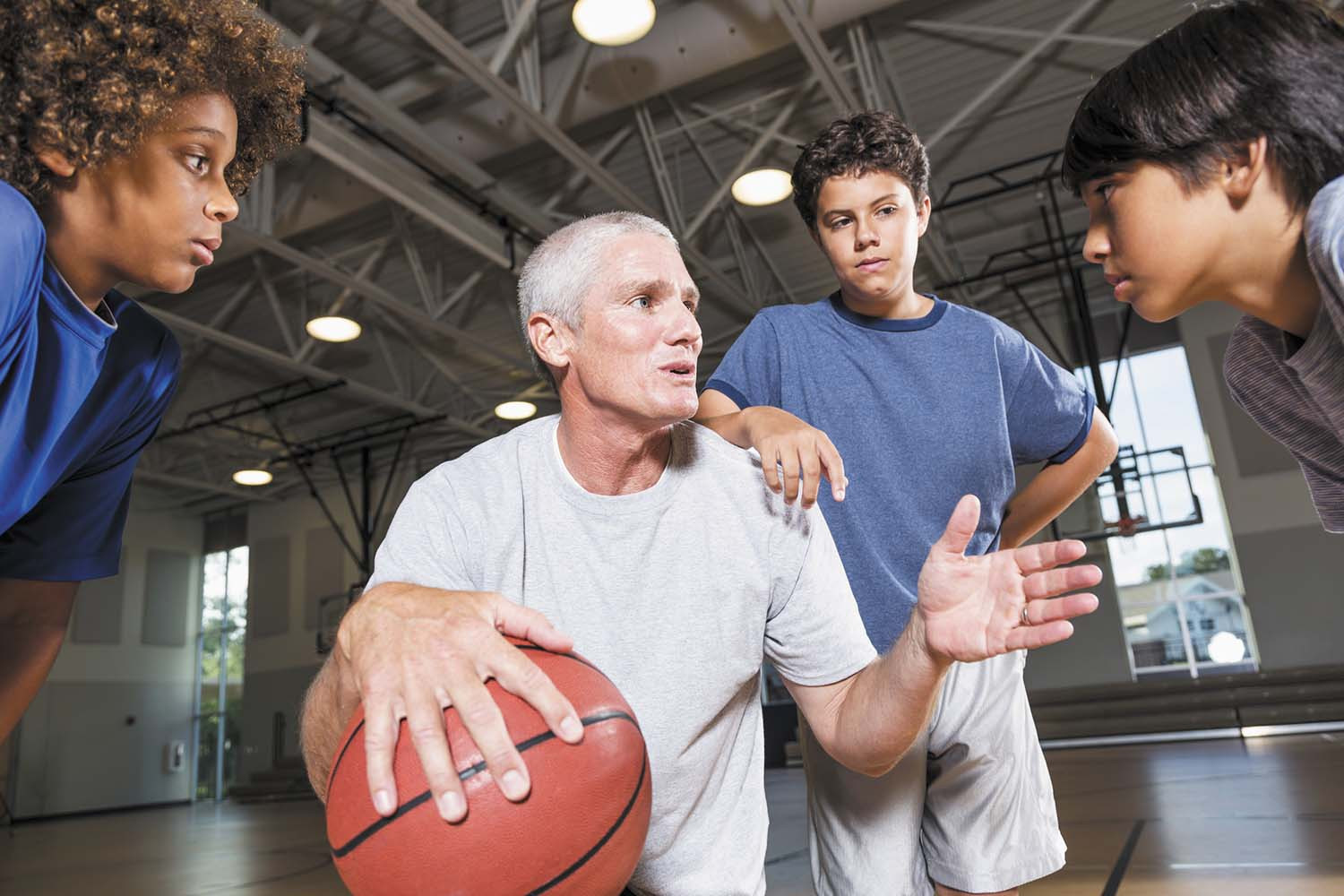
Respiratory health harms often follow flooding: Taking these steps can help

Tips to leverage neuroplasticity to maintain cognitive fitness as you age

Can white noise really help you sleep better?

Celiac disease: Exploring four myths

What is prostatitis and how is it treated?

What is Cushing syndrome?

Exercises to relieve joint pain

Think your child has ADHD? What your pediatrician can do

Foam roller: Could you benefit from this massage tool?

Stepping up activity if winter slowed you down
Staying Healthy Archive
Articles
Alcohol-related deaths on the rise
Research we're watching
The number of alcohol-related deaths in the United States doubled between 1999 and 2017, a change that included an 85% increase in alcohol-related medical emergencies and deaths specifically among women. The analysis of U.S. death certificate data, published online in the journal Alcoholism: Clinical and Experimental Research, found that the number of death certificates mentioning alcohol rose from 35,914 to 72,558 over that time span. Deaths from alcohol included everything from liver disease to overdoses (of alcohol alone, or in combination with other drugs). The biggest increases occurred among people ages 25 to 34, but affected people of all ages. Women are more likely than men who drink the same amount to develop alcohol-use disorder, as well as cardiovascular disease, and liver disease. Drinking alcohol regularly also may elevate breast -cancer risk.
Image: Age Barros/Getty Images
How to be a mentor
Sharing your life experiences and wisdom with the younger generation can benefit both them and you.
Did you have someone in your life you looked up to? A role model who offered guidance and advice during your formative childhood years or early in your career? These mentors helped shape the person you became. Now is an ideal time to return the favor and become a mentor for a younger person.
"Many older adults have valuable insight and experience that can benefit the next generation as well as improve their own well-being in the process," says Dr. Shannon Scott-Vernaglia, director of pediatric residency training with Harvard-affiliated Massachusetts General Hospital, who leads the hospital's mentorship program. "Mentorship can be a wonderful gift for everyone involved."
Rise up for your health
The sit-and-rise test helps assess your physical function.
Try this without touching your hands or knees to the floor: from a standing position, sit on the floor with your legs crossed or straight out. Now stand up again. (This is not an easy movement for many people, so for safety do it with someone next to you.)
How did you do? Did you struggle? Did you need to put your hand or a knee on the ground? Could you not get up?
Understanding acute and chronic inflammation
The right kind of inflammation is essential to your body's healing system. But chronic inflammation can be a problem.
The saying "too much of a good thing" applies to much of life, but especially to inflammation.
"People think inflammation needs to be stomped out at all times, but it plays an essential role in healing and injury repair to keep your body safe and healthy," says Dr. Robert H. Shmerling, medical editor of Understanding Inflammation from Harvard Health Publishing and an associate professor of medicine at Harvard Medical School. "Some inflammation is good. Too much is often bad. The goal is to recognize when inflammation is simply doing its job, and when it can potentially cause problems."
Is intermittent fasting safe for older adults?
Learn the risks before diving into this experimental eating style.
Intermittent fasting is a popular eating strategy being studied in labs and practiced in kitchens across America. And it's more than a fad. Restricting your calories or mealtimes may have the potential for many benefits, such as weight loss and reduced risk of various diseases. We don't have much evidence, however, about intermittent fasting's effect on the health of older adults.
What is intermittent fasting?
Intermittent fasting restricts when or how much you eat — and sometimes both. There are several approaches.
Try these stretches before you get out of bed
Stretching before one gets out of bed has many benefits. It can release the body’s "feel good" chemicals, lubricate the joints, and help people maintain their range of motion. Before stretching, one should move the muscles a little by flexing the joints. This will help get blood flowing to the muscles and make them more amenable to stretching. Any stretch done in bed should be hold for 30 to 60 seconds if possible, without bouncing.
Too early to get up, too late to get back to sleep
Sleep-maintenance insomnia common complaint among women at midlife
You wake up and look at the clock: it's 3 a.m. You tell yourself you've got to get back to sleep, but thoughts about yesterday's troubles, the coming day's challenges, and all those "must-do's" race through your mind. You toss and turn and worry about not getting enough sleep. Maybe you doze off for an hour or so, but when the alarm clock gets you up for the day, you're far from rested.
Insomnia — inability to get the sleep you need to wake up refreshed — is the most common sleep complaint in the United States. It often takes the form of sleep-maintenance insomnia — that is, difficulty staying asleep, and in particular, waking too early and struggling to get back to sleep. Like difficulty falling asleep at the beginning of the night, called sleep-onset insomnia, sleep-maintenance insomnia is more common in women than in men.
When patients suddenly become confused
Hospital delirium is common and often goes unrecognized
When Mary, age 84, was hospitalized for a hip replacement, everything went well until a complication landed her in the intensive care unit (ICU) and she began behaving oddly. She thought she was in a hotel, reported that a cartoon character had died in the bed next to hers, struggled at night to escape nonexistent intruders, and complained that the staff was ignoring the rats infesting her room. After a psychiatric consult, Mary was given medication to calm her and help her sleep, and eventually she started acting more like her old self.
"We stayed with her day and night, and the delirium cleared once she was back in a regular room. Now we can laugh about it, but she remembers little about those weeks," says her daughter-in-law.

Respiratory health harms often follow flooding: Taking these steps can help

Tips to leverage neuroplasticity to maintain cognitive fitness as you age

Can white noise really help you sleep better?

Celiac disease: Exploring four myths

What is prostatitis and how is it treated?

What is Cushing syndrome?

Exercises to relieve joint pain

Think your child has ADHD? What your pediatrician can do

Foam roller: Could you benefit from this massage tool?

Stepping up activity if winter slowed you down
Free Healthbeat Signup
Get the latest in health news delivered to your inbox!
Sign Up











